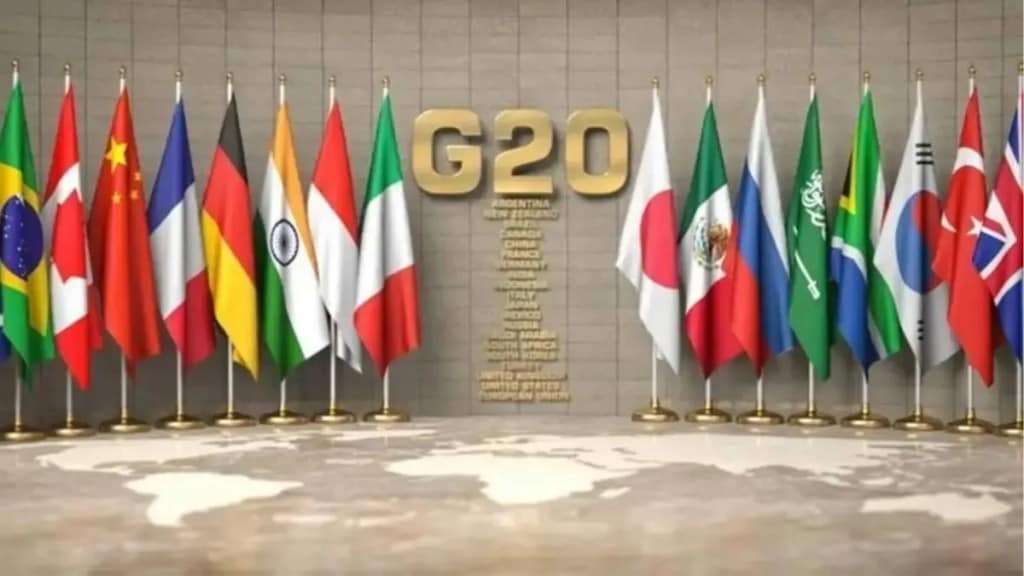At the official G20 prelude to the World Sustainable Development Summit 2023, co-hosted by the Energy & Resources Institute (TERI) and the Institute for Governance & Sustainable Development (IGSD), key ambassadors from G20 countries addressed the challenges and opportunities for collective action to accelerate and scale climate action and deploy climate finance in this decisive decade.
During the discussion of how collective effort drives development and keeps 1.5 degree C target within reach, the speakers highlighted that the earth is warming at record speed and could careen past the 1.5°C safe temperature limit as early as 2026. To prevent the worst consequences, global decision-makers must address the twin challenges—long-term climate stabilization, and urgently slowing the rate of near-term warming.
“India’s climate policy is informed by its vision of inclusive growth, for all around social and economic development, eradication of poverty, and further adherence to the foundational principles of the United Nations Framework Convention on Climate Change (UNFCCC), rational utilisation of the fair share of the global carbon budget, and climate-friendly lifestyles within the backdrop of the deep-rooted cultural tradition of reverence for nature,” said Richa Sharma, Additional Secretary Ministry of Environment, Forest and Climate Change (MoEFCC) on how each country is transforming the world, bending the emissions curve, and building resilience to address this global challenge.
Andre Aranha Corrêia Do Lago, Ambassador of Brazil said: “President Lula committed to very ambitious changes in the environmental dimension of our efforts, as well as in the decoupling of growth and emissions… What I think we have to do within the G20 is share the experiences and show that things are possible.”
Largely, the consensus among the developing countries is that they should not do this alone, and needed the support of the developed partners to achieve those targets, especially three approaches: financing for climate action, investment for energy transition, the establishment of an effective and equitable carbon market.”
As Ugo Astuto, Ambassador of the European Union points out: “We all need to focus on the action on mitigation in the coming months because if the current action continues, we are not going to achieve the Paris target. The G20 can help to focus the minds further and inject new momentum in this mission to leave a world for the next generation. The challenge is global and the response must be collective”
In India, the World Bank predicts that by 2030, rising temperatures, heat stress, and extreme weather could jeopardize approximately $150-250 billion USD — that is 4.5% of the nation’s GDP at risk in this decade. According to the expert, heat waves are increasing, and India is expected to soon become one the first place in the world to surpass the limit of “human survivability”. In other words, it will impact food production.
The lack of adequate cold chains results in approximately USD$1 trillion in economic losses each year globally and is responsible for 9% of lost production of perishable foods in developed countries and more than 17% in developing countries.


